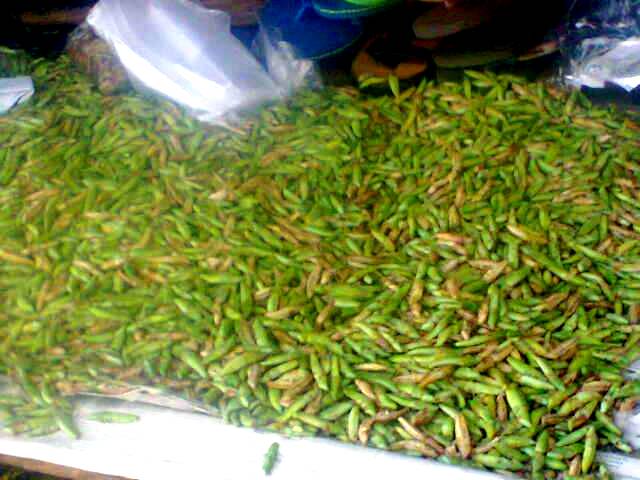
In a recent development, the Uganda National Bureau of Standards (UNBS) has taken a proactive step to safeguard public health by urging all Nsenene dealers to obtain certification. The move aims to ensure the safety of products consumed by the public, aligning with UNBS’s mandate to develop, promote, and enforce standards.
Sylvia Kirabo, the Principal Public Relations Officer at UNBS, underscored the importance of this certification. She emphasized that it is crucial to protect public health, safety, and the environment against dangerous and substandard products. This initiative, carried out in collaboration with Makerere University School of Food Technology and the International Centre of Insect Physiology and Ecology (ICIPE), introduced the Edible Insects Standard (US 2146:2020) in March 2022.
The primary goal of this standard is to facilitate the commercialization of edible insects in Uganda. It addresses the entire process, from harvesting to packaging and transportation, promoting the safe consumption of these unique products in the Ugandan market.
To ensure quality assurance, the standard mandates the analysis of biological and chemical substances that may contaminate insects. Kirabo called on Public Health Inspectors to remain vigilant and ensure adherence to proper practices during every stage of the production process.
“The standard specifies requirements, sampling, and test methods for various edible insects, including grasshoppers (Nsenene), white ants, termites, and crickets,” Kirabo explained.
Among the standard requirements, it is highlighted that edible insects, in any form, should be free from adulterants, objectionable odor, infestation, and contamination from pests. Compliance with maximum pesticide residue and veterinary residue limits set by the Codex Alimentarius Commission is also mandatory. Moreover, hazardous amounts of heavy metal contaminants are strictly prohibited.
Also Read: Video: Musician Opa Fambo Nursing Wounds After Found Red Handed in With Married Woman
Kirabo stressed additional requirements, such as the maximum content of aflatoxins, hygienic production and handling according to US EAS 39, and packaging in food-grade containers. Each package must bear clear and permanent labeling, including product name, insect name, brand/trade name, manufacturer details, storage conditions, expiry date, and other relevant information.
In a final note, Kirabo urged consumers to be vigilant and report any suspected substandard products or questionable practices related to the harvesting, processing, packaging, and transportation of edible insects. UNBS remains steadfast in its commitment to ensuring consumer protection and fair trade in Uganda. Finally, this certification initiative marks a significant stride towards a safer and more regulated edible insect market in the country.








